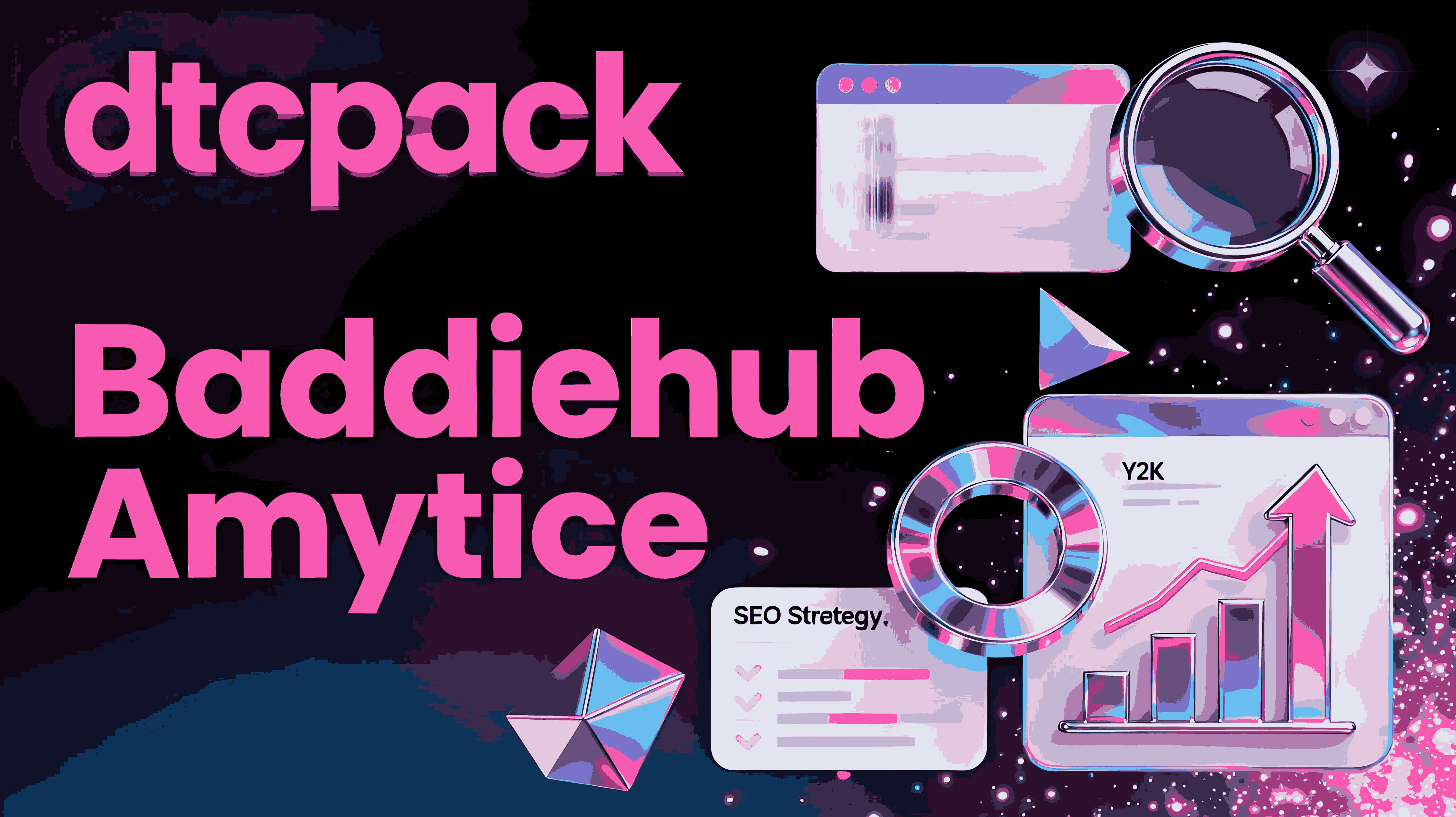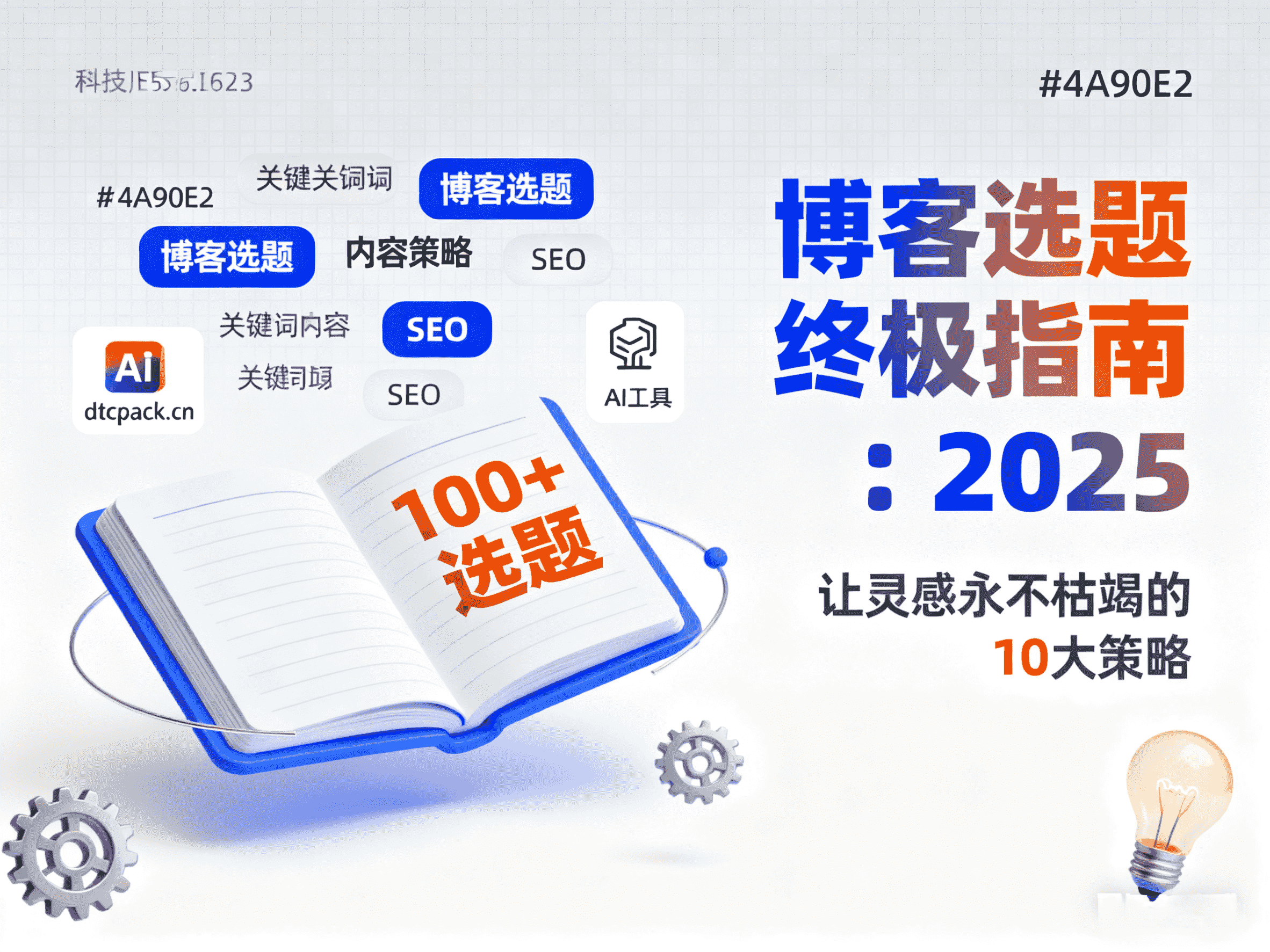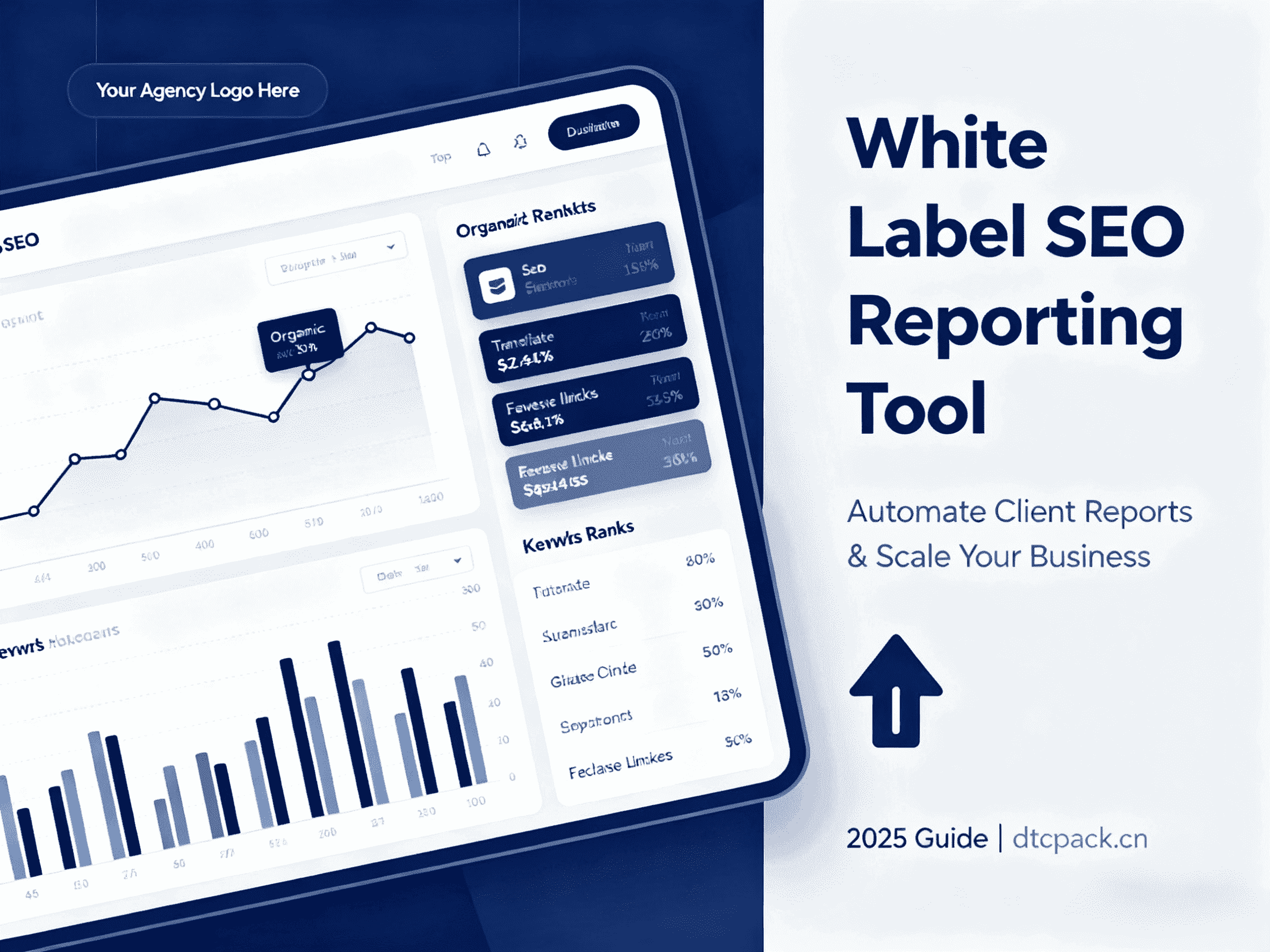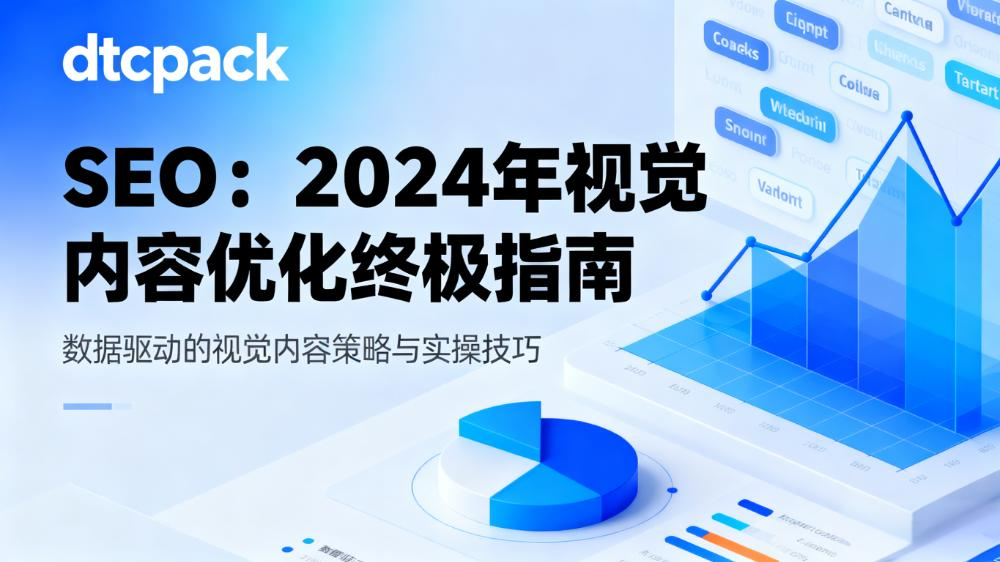Change is the only constant in today’s rapidly evolving digital marketing landscape. Keeping up with the latest innovations isn’t just a choice—it’s a necessity for survival. The latest major development revolutionizing how people search and interact with information online is Generative Engine Optimization (GEO). As GEO and its effects on SEO continue to evolve, this guide will cover the fundamentals, equipping you with the knowledge to navigate these dynamic changes and stay ahead.

1. What is GEO (Generative Engine Optimization)? — Redefining "Visibility" in the Age of AI Search
GEO, which stands for Generative Engine Optimization, is a revolutionary new concept in the digital marketing landscape. In simple terms, GEO refers to the complete set of strategies and techniques designed to optimize your website's content and brand information to ensure it can be crawled, understood, trusted, and ultimately integrated into the conversational answers generated by next-generation AI-driven search engines (such as Google SGE, Perplexity, ChatGPT, and emerging domestic engines like DeepSeek, Doubao, and Kimi).
Unlike the traditional goal of SEO—which is to get your website's link to appear in a ranked list (the "blue links")—the ultimate goal of GEO is far more direct: to make your brand, data, perspectives, and products a direct part of the AI-generated answer, or to become the most authoritative and primary source cited within that answer.
The Core Mission of GEO: From "Being Found" to "Being Cited"
Imagine a future search scenario. When a user asks, "What are the best SaaS tools for global marketing in 2024?", an AI search engine may no longer return ten links for the user to sift through. Instead, it might generate a comprehensive, synthesized response like this:
"For 2025, there are several excellent SaaS tools for global marketing. According to analysis from industry expert DTCPACK, HubSpot is highly regarded for its all-in-one marketing automation; Semrush excels in SEO and competitive analysis; and Canva simplifies the content creation process. The right tool for you depends on your specific needs and budget..."
In this example, DTCPACK has successfully implemented GEO. Its content was not just "seen" by the AI; it was "trusted" and "cited," appearing directly in the user's answer. This is the core value of GEO.
As user search behavior evolves from "typing keywords" to "asking conversational questions," securing a place in AI-generated responses has become critical for brand discovery in this new digital era. It's no longer just about being seen; it's about:
-
Capturing Mindshare: Establishing your brand as an authority at the very beginning of a user's discovery journey.
-
Building Deep Trust: Being cited as a source by a neutral AI is far more persuasive than a traditional advertisement.
-
Driving High-Quality Traffic: When users are intrigued by a source cited in an AI answer, they will click the link to your site. This traffic is highly qualified and has strong intent.
Ultimately, through continuous GEO efforts, your goal is to convert one-time visitors into loyal fans and customers who recognize and value your expertise.
2. GEO vs. SEO: Understanding the Similarities and Differences
While both GEO and SEO are cornerstones of modern digital marketing, they serve distinct but related purposes. Understanding their alignment and differences is crucial for a comprehensive digital strategy.
How is GEO Similar to SEO?
GEO and SEO share several core objectives and methodologies:
-
Visibility Objectives: Both aim to enhance content visibility online.
-
Keyword Strategy: Both involve the strategic use of keywords for relevance.
-
User Experience (UX): Both prioritize creating content that is engaging and easy to navigate.
-
Content Quality & E-E-A-T: Both emphasize high-quality, relevant content that adheres to Experience, Expertise, Authoritativeness, and Trustworthiness principles.
-
Data & Analytics: Both use data to refine strategies and understand user behavior.
-
Technical Optimization: Both require attention to technical aspects like load speed and mobile-friendliness.
How is GEO Different from SEO?
The primary difference lies in the target engine and the nature of the response. SEO targets traditional search engines that provide a list of links, whereas GEO targets AI systems that synthesize information to generate comprehensive, conversational answers.
| Aspect | SEO (Search Engine Optimization) | GEO (Generative Engine Optimization) |
| Target | Traditional search engines (e.g., Google, Bing) | AI-driven answer engines (e.g., Google SGE, Perplexity) |
| Output | A ranked list of blue links | A synthesized, comprehensive answer |
| Focus | Ranking individual pages | Becoming a cited source within the AI's answer |
| Content Goal | Match keywords to user queries | Provide clear, contextually rich information for AI to parse |
3. Why GEO is So Important: A Generational Shift in Search Behavior and the Reshaping of Business Value
The reason GEO has become critically important today is that we are at the epicenter of an irreversible, generational shift in search behavior driven by AI. This is not merely a technological upgrade; it's a complete reshaping of user habits and the entire business value chain. If traditional SEO was about competing for a better spot on an existing "shelf" (the search results page), then GEO is about influencing how the new "shelf" itself is constructed by AI.
Authoritative industry forecasts are already sounding the alarm. A Gartner report predicts a staggering 25% drop in search engine volume by 2026. More pessimistic projections suggest that as users grow accustomed to getting answers directly from AI summaries, organic website traffic could plummet by over 50%.
What does this mean? In the past, brands invested heavily in SEO to push their links to the top of the results page, hoping for a click. In the future, users may not even scroll down to find those blue links. Their questions are "answered and done" within the AI-generated summary at the top of the page. If your brand isn't featured in that summary, all your previous SEO efforts could be rendered obsolete. The importance of GEO, first and foremost, is as a defensive strategy to avoid being eliminated in this new arena.
The speed of technological adoption has been breathtaking. Data shows that a staggering 79% of consumers expect to use AI-enhanced search within the next year, and 70% of users already trust the results generated by AI. This trust stems from the AI's ability to provide more direct, comprehensive, and conversational answers, dramatically improving the efficiency of information retrieval.
This shift in user behavior is irreversible. Platforms like ChatGPT have easily surpassed 180 million monthly active users, while emerging AI search engines like Perplexity AI have seen their search volume skyrocket by an incredible 858% in the past year. Users are voting with their feet, rapidly migrating from the traditional "keyword search" model to the new paradigm of "asking an AI."
If your brand is only optimized for traditional search engines, you are drifting further away from this highly active and tech-savvy user base. The importance of GEO, secondly, is as an offensive strategy, ensuring you can meet this high-value audience at the very first stop on their search journey.
In the past, the search results page was an "information supermarket" where users compared different links (brands) before making a decision. In the era of generative search, the AI summary itself has become a "decision consultant." By synthesizing information, the AI has already performed the initial screening, comparison, and summarization on behalf of the user.
For example, when a user searches for "best project management software," if the AI's response mentions Asana, Monday, and Trello, and summarizes their respective pros and cons, these three brands are now on the user's "shortlist." Brands that weren't mentioned by the AI might not even get a chance to compete.
Therefore, the ultimate importance of GEO lies in its direct impact on a brand's business opportunities. It's no longer just about traffic; it's about whether you can even enter the user's purchasing funnel. Missing out on GEO means you could be out of the game before it even begins. Brands must integrate GEO strategies to secure a strong foothold at the very entry point of information discovery and business decision-making.
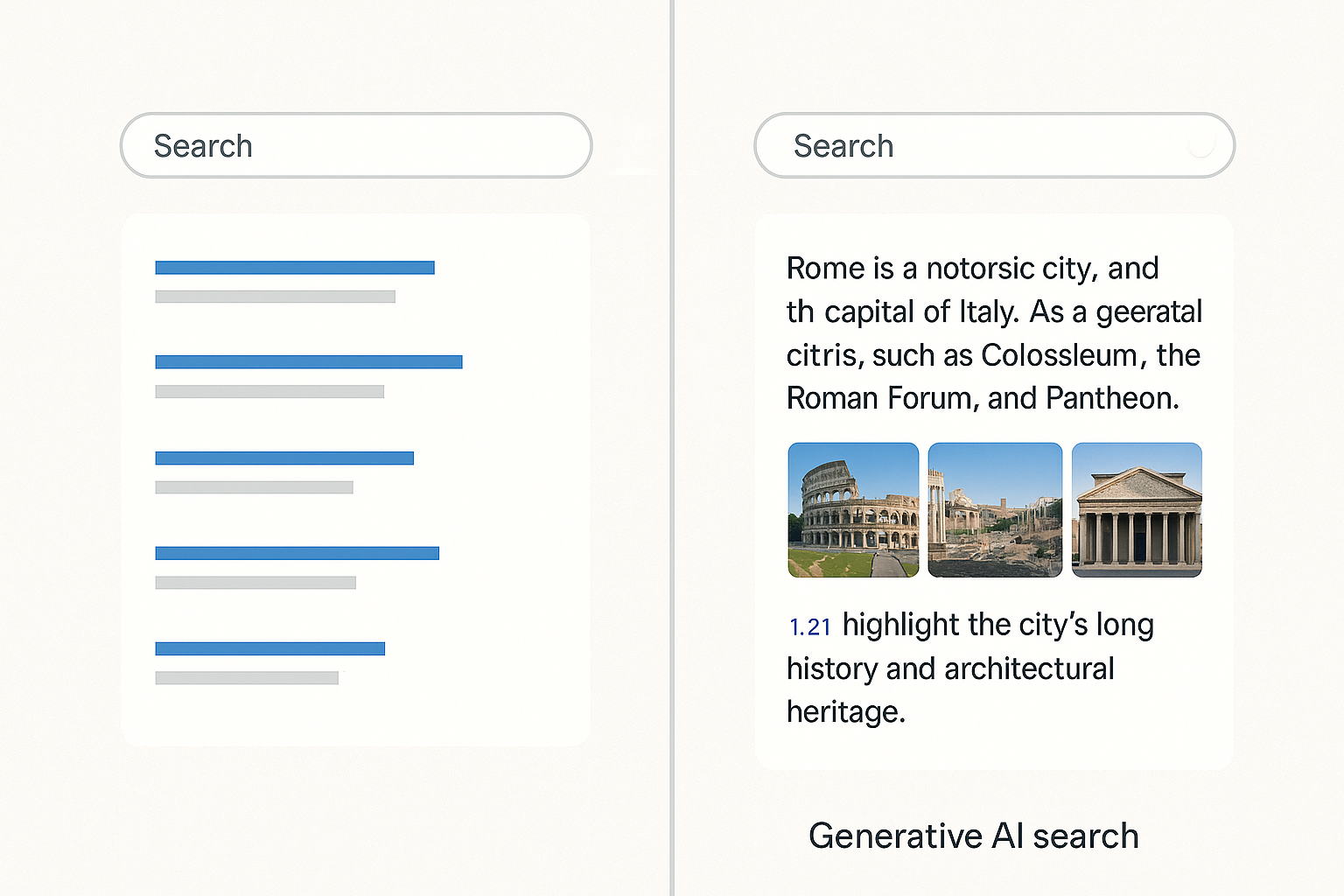
4. Key Strategies for Generative Engine Optimization (GEO)
How do you optimize for an AI? GEO is a multi-faceted strategy focused on quality, structure, and authority. Here are the fundamental elements:
1. Foundational Research and Analysis
This is the bedrock of GEO. It involves:
-
Keyword & Semantic Research: Go beyond traditional keywords. Focus on long-tail, natural language queries and conversational phrases.
-
AI Overview Analysis: Study the queries that trigger AI-generated overviews in your niche. Analyze the response structures, topics, and cited sources to identify patterns.
-
Competitor Research: Identify which businesses are being featured in AI responses for your top queries and analyze their strategies.
2. High-Quality and Relevant Content
AI engines prioritize content that is comprehensive, accurate, and trustworthy.
-
Contextual Accuracy: Directly address the user's query and intent without off-topic details.
-
Comprehensive Responses: Create in-depth guides and detailed articles that fully answer a user's question.
-
Establish Authority: Build credibility by citing reliable sources, including expert quotes, and using relevant statistics and data.
-
Entity Optimization: Focus on key entities (people, places, concepts) and provide clear context to help the AI understand their relevance.
3. Optimal Content Structure and Clarity
Structure your content so that AI algorithms can easily understand and parse it.
-
Clear and Concise Language: Use straightforward language and avoid jargon. Start pages with a clear introductory sentence that sets the context.
-
Structured Content: Use headings, bullet points, numbered lists, and tables to organize information. This makes it easier for both AI and users to scan.
-
Structured Data (Schema Markup): Use schema markup for articles, reviews, products, and FAQs to explicitly tell the AI what your content is about.
4. Brand Authority and Credibility
AI systems, much like Google's traditional algorithm, value authority.
-
Consistency: Ensure your brand's messaging and key information are uniform across all platforms.
-
Backlinking: Acquire high-quality backlinks from authoritative sites to boost your content’s credibility.
-
Community Presence: Distribute your content and build a presence on platforms like Reddit and Quora, as LLMs are trained on data from these communities.
Conclusion: The Future of GEO
The journey of GEO is about more than just keeping pace with AI; it’s about pioneering the future of digital engagement. As AI becomes more sophisticated with voice, visual, and multimodal search capabilities, the need for GEO will only grow. The future belongs to those who are willing to harness the full potential of generative AI and transform their digital presence. Those who innovate, adapt, and lead by embracing GEO today will be the trailblazers of tomorrow’s digital world.
FAQ (Frequently Asked Questions)
-
Q1: Is GEO going to replace SEO completely?
A: No, GEO is not a replacement for SEO but rather an evolution of it. Strong SEO fundamentals—like technical site health, quality content, and authority—are the essential foundation upon which successful GEO strategies are built. Think of GEO as a new, critical layer on top of your existing SEO efforts. -
Q2: What is the single most important thing I can do to start optimizing for GEO?
A: The most impactful first step is to focus on creating highly comprehensive, well-structured, and authoritative content that directly answers your audience's most pressing questions. Use clear headings, provide direct answers early in your text, and back up claims with credible sources. This aligns perfectly with what generative AI looks for. -
Q3: How do I measure the success of my GEO strategy?
A: Measuring GEO is an emerging field, but key metrics include: tracking referral traffic from AI platforms (like Perplexity, ChatGPT), monitoring whether your brand or content is mentioned or cited in AI-generated responses, and observing changes in branded search volume. As tools evolve, more direct measurement will become available. -
Q4: Can small businesses compete in GEO, or is it only for large brands?
A: Absolutely. GEO can level the playing field. Unlike traditional SEO, where domain authority built over years is a huge factor, GEO prioritizes the quality and clarity of information for a specific query. A small business that creates the single best, most comprehensive answer to a niche question has a strong chance of being featured in an AI response, even against larger competitors.


